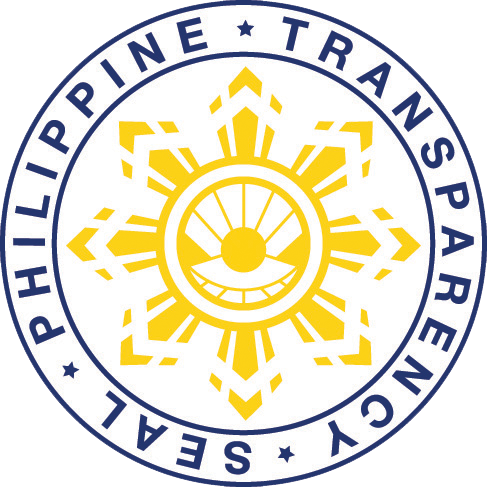May I ask all of us to offer a moment of prayer for our brothers and sisters in Mindanao and Negros Oriental who have suffered immense personal loss from Typhoon Sendong.
It is my honor to be part of the launching of the National Slum Upgrading Strategy, or the NSUS.
But we are not only launching the NSUS. Today, we are shifting paradigms and collectively generating doable solutions to the challenges that beset the urban areas.
We all know that the Philippines is a highly urbanized country, with 60 percent of our population living in urban areas. We also know that many of our urban areas are characterized by high poverty incidence, environmental degradation, lack of urban housing and the proliferation of informal settlers.
Metro Manila alone, the seat of the national government and center of private business, commerce and education, is now home to an estimated 12.5 million Filipinos, three million of whom are considered informal settlers. Of this number, about 525,000 live in vulnerable areas or near waterways, esteros and under the bridge, completely exposed to and unprotected from the hazards of urban living and climate change.
More than ever, we need to step up and effectively address the repercussions of urbanization.
Signifying our intent and commitment to push the partnership on developing a national strategy for slum upgrading forward, in a very participative and consultative manner, is a critical first step.
We are grateful to the Cities Alliance, a global coalition of cities and their development partners committed to scaling up approaches to poverty reduction. Cities Alliance is working with us in moving NSUS forward. We also thank the World Bank and the Homeless Peoples Federation for their support in this endeavor. Our partnership with them is an opportunity to harmonize or complement efforts towards ensuring that appropriate strategies are formulated and eventually implemented.
Earlier, Mr. Woodward shared with us the very insightful presentation on current best practices and efforts of the World Bank in slum upgrading. Indeed, the challenge is how to adopt this to the Philippine setting and how to scale up these practices and make the solutions sustainable.
But as I have always said, you cannot come up with solutions if you do not know the problem.
Hence, as part of the process of developing a National Slum Upgrading Strategy, the project will provide resources for coming up with a comprehensive assessment and database on the condition, issues, opportunities, and risks confronting slum communities. This assessment will form the basis for possible interventions related to slum upgrading.
And the strategy to be formulated will be mainstreamed in the national and local government planning processes. It will form part of the Philippine Development Plan and will be translated into project investments on housing, related infrastructure and social services for upgraded communities -- investments that will generate jobs and contribute to local economic development.
As we move forward in bringing our shelter programs and services closer through the Pabahay Caravan that HUDCC and the shelter agencies have been conducting in all the regions in the country, we are sharing this NSUS initiative with the LGUs. This will guide both the national and local governments in implementing relevant policies and programs for slum upgrading.
We call on the LGUs to support us in this endeavor. Share with us your success stories and best practices in slum upgrading, so that together, we will move in one direction—towards achieving sustainable urban development.
On the other hand, community empowerment is at the core of any slum upgrading initiative. And as an advocate of people-centered planning, we will ensure that informal settlers are empowered by involving their organizations in the preparation of the strategy. They will be engaged in the process as well as be able to collaborate with the concerned LGUs in designing a strategy that actually responds to their needs and aspirations.
With multi-stakeholder cooperation, I am confident that we shall eventually realize our vision of families nestled in decent homes and sustainable communities, where they are provided basic services and facilities as well as livelihood and employment opportunities. With this, we will be able to contribute to the achievement of the millennium development goal of improving the lives of one hundred million slum dwellers worldwide by 2020.
Thank you.


